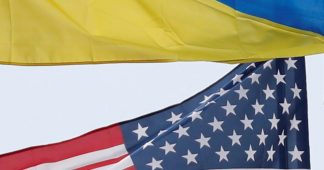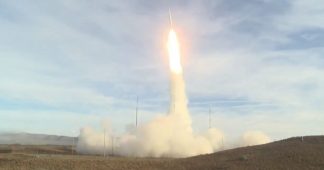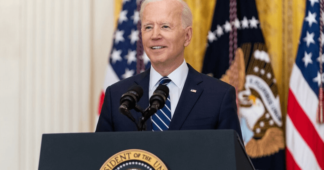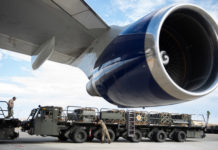Dec 14, 2021
The United States decided to withdraw from the Anti-Ballistic Missile (ABM) Treaty in June 2002 under then-President George W. Bush, therefore terminating the accord that limited Washington and Moscow to only having two ABM complexes.
The US decision to exit the ABM Treaty has stimulated Russia into bolstering its defence industry and creating new types of weapons, Deputy Chairman of the Security Council of Russia Dmitry Medvedev said on Tuesday.
The move, however, also naturally led to increasing tensions between Washington and Moscow, he noted.
“The Americans still do not have a reliable shield against other countries possessing nuclear weapons, including those whom they tried to make outcasts with the use of sanctions”, Medvedev wrote on his Facebook page.
It was in 2002 when then-US President George W. Bush decided to pull Washington out of the Anti-Ballistic Missile Treaty inked by the United States and the Soviet Union in 1972. The accord limited the two countries to only having two ABM complexes, each of which could have no more than 100 anti-ballistic missiles. Washington’s exit from the treaty de facto terminated the agreement.
Medvedev continued on by saying that Russia is committed to strengthening global strategic stability and offers to work with the United States in this field based “on the principle of the indissolubility and interconnectedness of strategic offensive and defensive weapons”.
“It is important that Washington, too, remains faithful to this course, open to joint work with partners, including within the framework of key strategic agreements, instead of trying to thoughtlessly push NATO eastward or deploy offensive weapons near Russia’s borders”, Medvedev stated.
In 2014, after Ukraine was rocked by a coup, Kiev cancelled the country’s non-aligned status in a bid to create a path to joining the NATO alliance. In 2018, amendments to the Ukrainian Constitution making NATO membership one of the nation’s main strategic goals were introduced, coming into force in 2019.
Medvedev’s Tuesday remarks come as the West continues to toss around accusations of Russia “amassing troops” in the vicinity of the Ukrainian border and fuelling the narrative of Moscow’s purported plans to “invade” its neighbour.
Russia has repeatedly outlined that it does not plan to attack anyone. The Kremlin has been consistently outlining the concept of “red lines” for Western countries, which, for Moscow, include the NATO alliance’s expansion eastward and deployment of offensive weapons in the countries neighbouring Russia.
Published at sputniknews.com
We remind our readers that publication of articles on our site does not mean that we agree with what is written. Our policy is to publish anything which we consider of interest, so as to assist our readers in forming their opinions. Sometimes we even publish articles with which we totally disagree, since we believe it is important for our readers to be informed on as wide a spectrum of views as possible.











